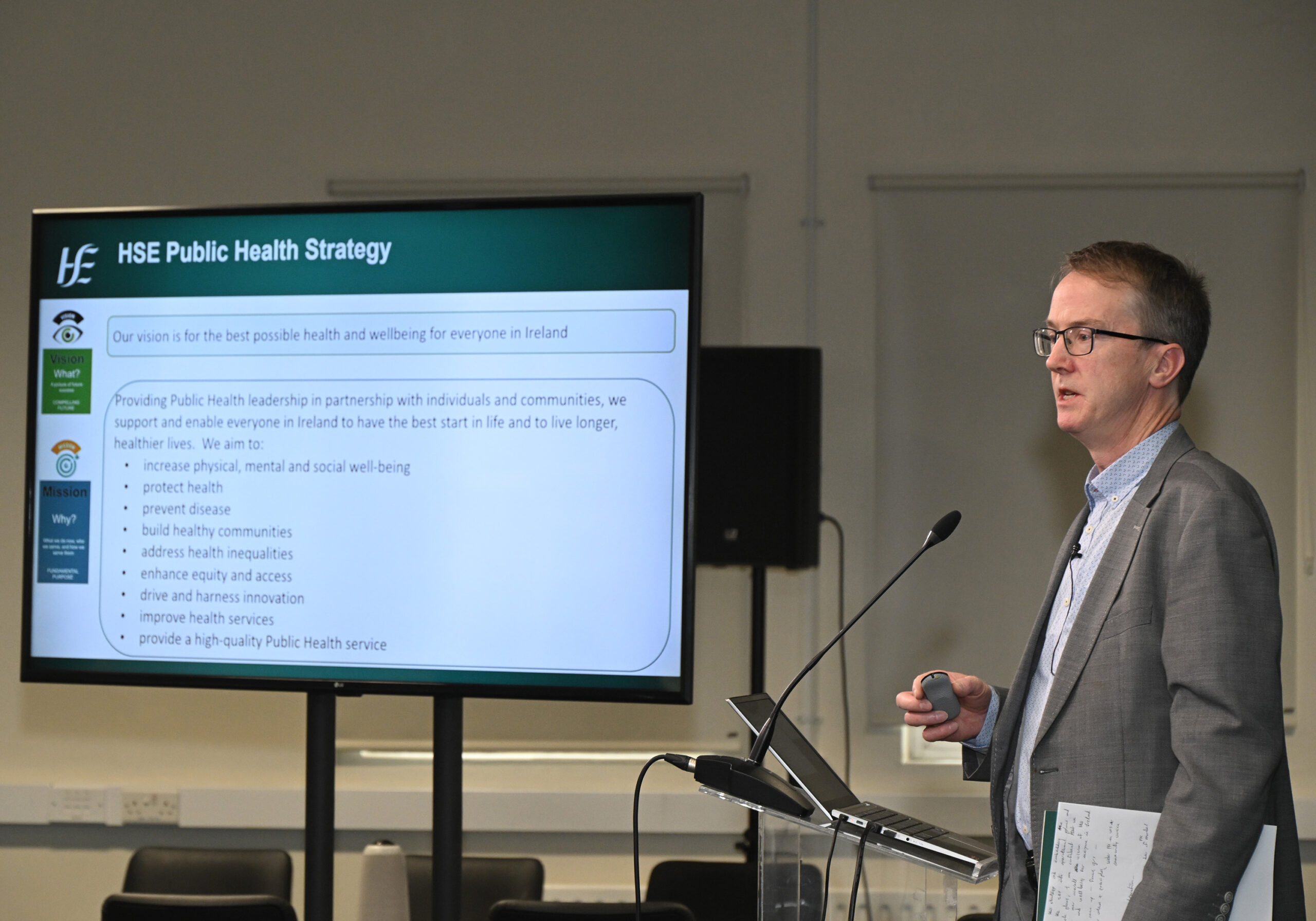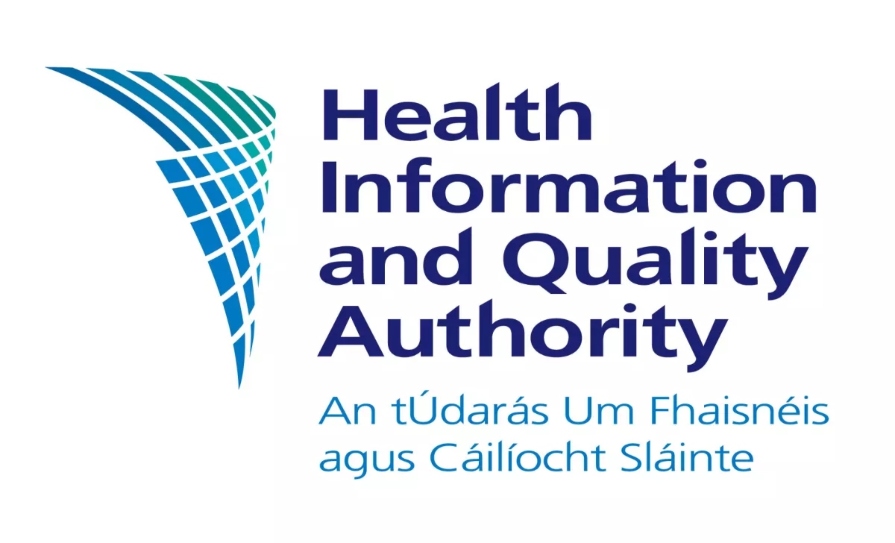Minister for Health Simon Harris has launched a new national clinical guideline on the appropriate prescribing of psychotropic medication for non-cognitive symptoms in people with dementia.
The guideline was developed by a multidisciplinary group supported by the HSE’s National Dementia Office and the Offices of the National Directors for Acute and Community Operations. The guideline was quality assured by the Department of Health’s National Clinical Effectiveness Committee (NCEC) chaired by Prof Karen Ryan. The guideline development group was co-chaired by Dr Suzanne Timmons and Prof Stephen Byrne.
Dementia is a major healthcare concern and global issue. Increasing dementia rates, costs and burden of disease are placing significant pressures on health, economic and social care systems in many countries, including Ireland.
Speaking at the launch today, Minister Harris said: “Clearly dementia will continue to have a significant impact on our society and individuals. The development and implementation of this national clinical guideline represents another important step towards the implementation of the national dementia strategy.
“It is anticipated that this guideline will improve patient outcomes by ensuring appropriate use of psychotropic medication in people with dementia. In addition, it is hoped that the implementation of this guideline will result in reduced medication costs, as well as reduced health and social care costs related to psychotropic medication adverse events.”
Dr Timmons said the guideline provides evidence-based recommendations on the indications and risks of psychotropic medications for a person with dementia who has non-cognitive symptoms, such as anxiety or agitation.
“Psychotropic medications include antipsychotics, antidepressants, and benzodiazepines, among others. We are confident that if the guideline is fully supported and implemented nationally, it will lead to improved assessment of a person who has dementia and non-cognitive symptoms, reduced inappropriate use of psychotropic medications, and ultimately improved quality of life for people living with dementia”.
Mr Kevin Quaid, Vice-Chair of the Irish Dementia Working Group, said: “I very much welcome the publication of the National Clinical Guideline for Psychotropics in Dementia. As a person living with dementia, I fear inappropriate prescribing and how the wrong drugs could impact my health and quality of life. People with dementia have emotions like the rest of the population, and these emotions should not be controlled by medication. Instead our right to respect and to full participation in planning and deciding our care and treatment should be acknowledged.
“The publication of this guideline will ensure that people with dementia, their families and clinicians will have access to guidelines that will ensure psychotropic medication is prescribed in a way that is safe and effective and that upholds our rights. I congratulate the National Dementia Office led by Dr Suzanne Timmons on this important work”.
Further information about the NCEC and National Clinical Guidelines is available on the Department of Health website https://www.gov.ie/en/publication/90221b-clinical-effectiveness/?referrer=/national-patient-safety-office/ncec/













Leave a Reply
You must be logged in to post a comment.